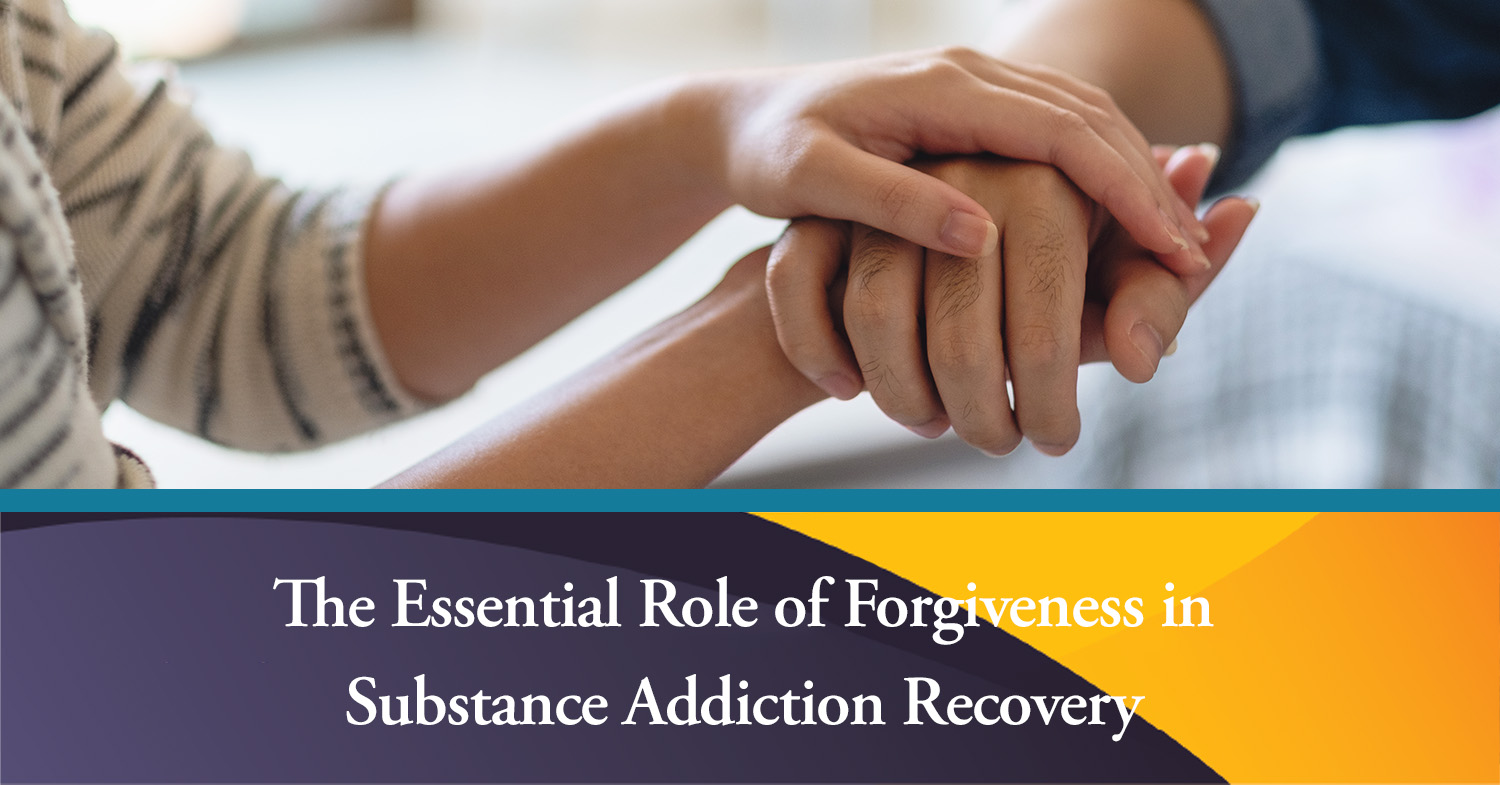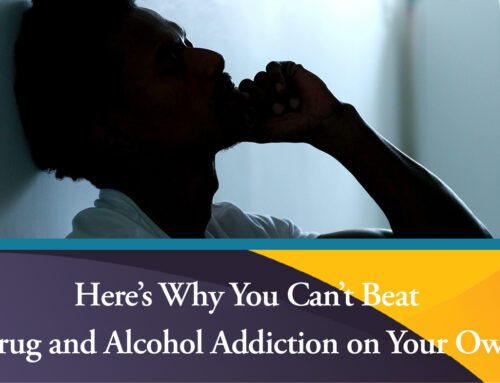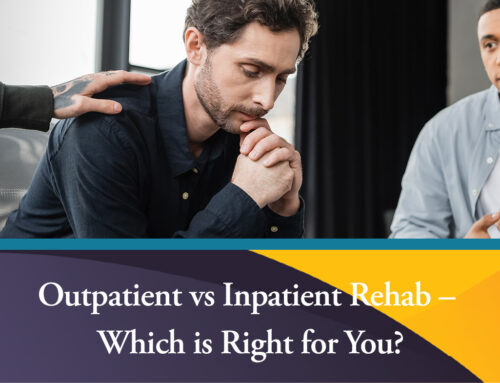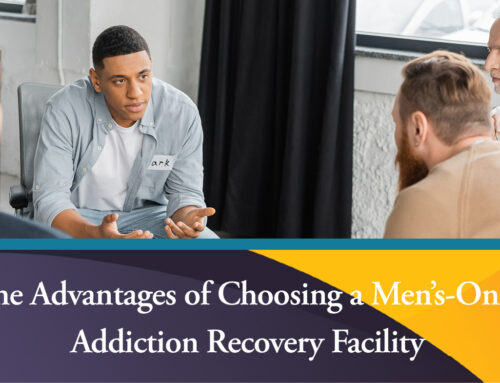The journey toward substance addiction recovery can be overwhelming, but it’s important to remember that forgiveness is a powerful tool. Let’s learn more about forgiveness in recovery and why it’s so essential.
Why Forgiveness in Recovery is So Important
A big step for those with substance addiction is choosing themselves and choosing recovery. However, that doesn’t make this journey easy. Often, there are feelings of shame and guilt that can be overwhelming. Over time, the guilt can make you believe you do not deserve any good and life, and the shame makes you want to push the wrongdoing away like it never happened. These negative emotions hinder the recovery process. While it may be hard to come to terms with what has happened, it’s crucial to practice forgiveness to move forward in recovery.
This means forgiving yourself, forgiving others, and seeking forgiveness for those you may have hurt. Remember, healthy forgiveness is not “forgive and forget.” Healthy forgiveness takes hard work and reflection.
What Does Forgiveness Mean in Addiction Recovery?
The concept of forgiveness is easy to understand – after all, we learned it when we were young children. But even as adults, it can be difficult to practice. In substance addiction recovery, forgiveness can be a complicated and painful concept. For example, it can be tough to forgive yourself for past mistakes you made while addicted.
Forgiveness means letting go of anger, frustration, resentment, and negative feelings towards yourself or another person. It requires us to release any built-up unhealthy emotions that we might be holding on to. It also requires digging deep. In order to let go of your pain and emotions, you have to understand them. Again – this won’t be easy. A 100 percent commitment is necessary to truly heal. But there is peace and empowerment on the other side.
Why Should You Forgive Yourself?
You may be wondering – why should you even give yourself forgiveness? Because a lack of forgiveness also carries many negative consequences, including to your physical and emotional health. Harboring anger can lead to higher blood pressure, a weakened immune system, and heart issues. Minimizing these protentional stressors in your life can help you heal physically and emotionally. In turn, this will make it easier to cope with triggers, stressors, and cravings to use or drink again.
If you feel like you don’t deserve forgiveness, look at it in another light. Instead, think of forgiveness as a gift you’re giving yourself when you’re ready to move on and move forward.
Practical Steps for Forgiveness
With patience and practice, forgiveness is possible. Here are some practical steps to help you with the process of forgiveness in substance addiction recovery.
Acknowledge Your Mistakes
The first step: acknowledging your mistakes and taking responsibility for your actions. Everyone makes mistakes, but how we respond to them matters. While there are many things you might have done under the influence of drugs and alcohol, the one thing they all have in common is that they happened in the past. These are actions that you cannot undo. What you can do is accept these things have happened, know you made mistakes, and work on yourself to do better.
Practice Self-Compassion
Self-compassion is the act of treating yourself with kindness and understanding. This is essential in the forgiveness process because while it can be a tough experience, it allows you to see yourself as worthy of forgiveness and understanding.
One way to do this is to take time each day to speak positive affirmations to yourself. Remind yourself how you are better than better than your addiction. Remind yourself that you are strong, determined, courageous, patient, and gentle.
Make Amends
Forgiveness in substance addiction recovery doesn’t just start and stop with forgiving yourself. It also involves making amends and seeking forgiveness from others. This can look different for everyone, but it can include apologizing to those you’ve hurt, repairing relationships, or telling truths to someone you lied to. Even if there is no way to fully make up for what you did, you can still do your best and ask for forgiveness.
Focus on the Present
Remember, the past is in the past. There is no changing what has already happened. That doesn’t mean you can’t change the future by controlling the present.
Focus on the present moment and make positive changes in your life. By focusing on the present, you can begin to let go of the negative emotions associated with the past and move forward in a positive direction.
Calvary Ranch is Here for You
If you or someone you love is struggling with addiction and needs help on the journey towards forgiveness, we are here to help. Our Rehab Ranch in Montrose, CO, is a simple place with a simple program. Calvary Ranch Colorado is located on a working cattle ranch surrounded by rivers, lakes, trees, and majestic mountain views. Abundant wildlife also shows God’s creation and adds to the tranquility of this place. Check out our What to Expect information to learn more.






